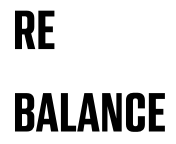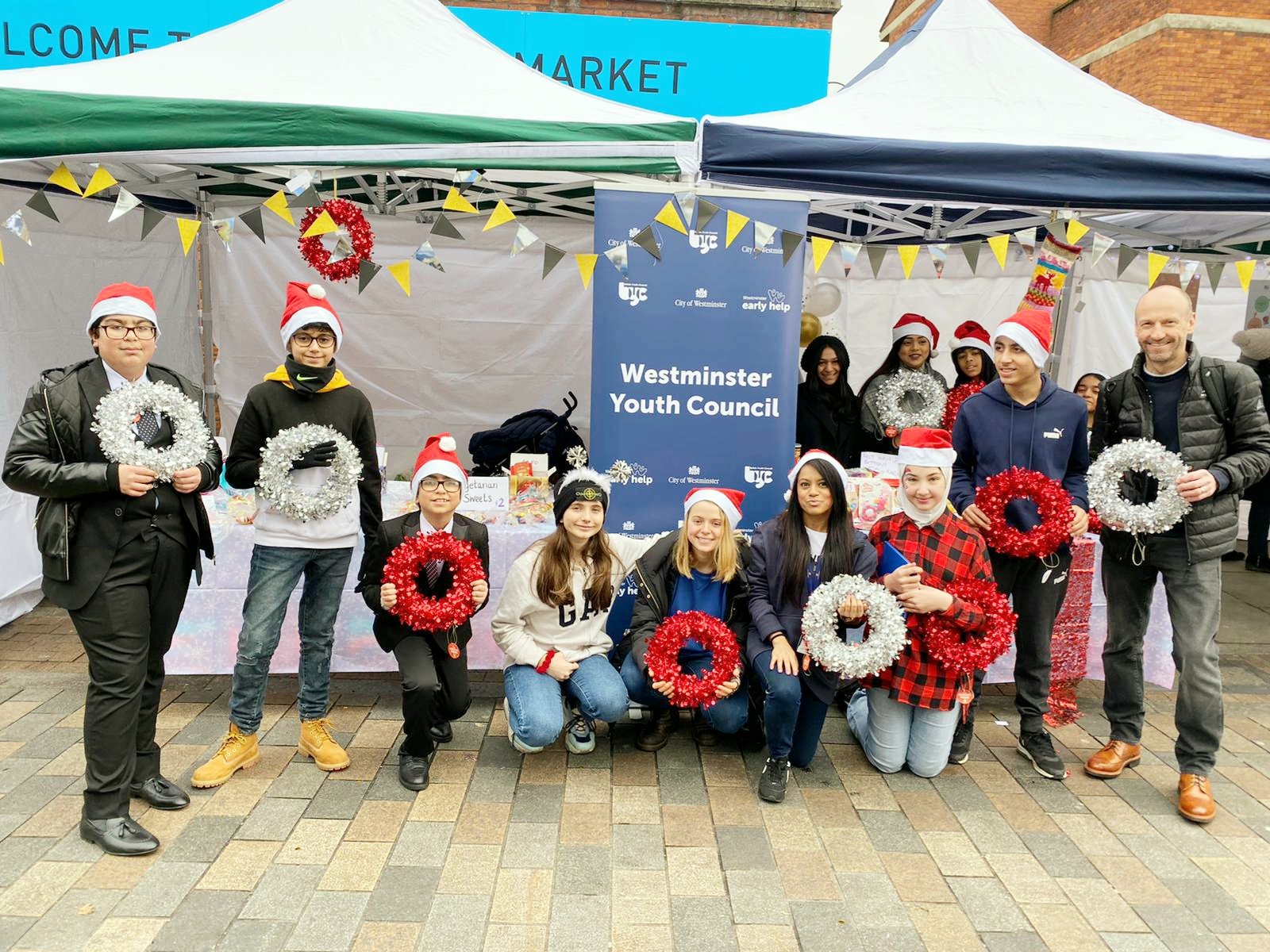Living in a World of Difference - I love looking at life through my kaleidoscope of neurodiversity
For Shofa Miah, getting a diagnosis of dyslexia, dyspraxia and attention deficit hyperactivity disorder at 43 was like finding the last piece of the jigsaw.
The letter was from the assessment centre. As I opened it, my heart froze, and the air turned thick. I scrolled to the bottom to read the evaluation:
“April 2021 Private and confidential: Evaluation of Needs Outcome … you show complex, interrelated characteristics of dyslexia and dyspraxia co-occurring with attention deficit hyperactivity disorder (ADHD). It is common for these specific learning difficulties to occur together and for there to be areas of overlap in their presentation. ADHD is both a learning difficulty and a medical condition.”
Receiving this news felt like I was placing the last piece in a jigsaw puzzle – a puzzle I have been working out for 43 years. That is my age now. I felt relief, triumph, validated, proud, and for the first time – a little cleverer! I am Neurodivergent.
I messaged my husband of 19 years and my two closest cousins with a screenshot and wrote ‘‘It’s official, I always told you I was NOT normal”. My cousin’s exact words were: “I wouldn’t let that report hinder your abilities. You know your strengths so focus on that and better yourself!’’
I knew this was a time for reflection. Time to stop – slow down and breathe. This is a ‘medical’ condition and like all health issues, it needs the spotlight, care, and nurturing. There are many negative traits of ADHD, such as being hyperactive, forgetful, impulsive, overly generous, restless, can’t stay on point. But like my cousin highlighted, there are also positive traits such as supernova energy, eagerness, seeing connections others don’t, persistence, creativity, being calm in the chaos and my favourite one, shows flashes of brilliance!
Receiving this diagnosis has also brought up past trauma. I am continuing to get flashbacks of my younger self. Those difficult moments, throughout childhood, teen years and adulthood where I could have benefited from supporting adults - and perhaps medication – to sleep.
I get by on four hours’ sleep usually, as I just cannot switch off. Other factors that affect my sleep are due to needing extra time to get my professional work completed – I am always working that extra mile to keep up with everyone. Learning difficulties Dyslexia and Dyspraxia are serious conditions – I remember my assessor saying, how you have come this far in your career without letting these be barriers proves that you’re a soldier.
Looking at where I am now, while reflecting on the journey so far – I give credit to my ADHD traits. Without them, I would not be who I am and where I am. All elements of my body and environment are continuously active – physical, psycho-logical, social, emotional. I don’t see what is in front of me, but beyond.
As if my eyes look through an infrared lens – my eyes look through a moving kaleidoscope, continuously. It is a tiring place to be sometimes. I want to fix the world and find solutions to everything, even things I have limited knowledge about!
As well as being a mum of three children, I work full time, leading two demanding platforms for Youth and Parents for Local Government. Having only been with my organisation for four years, I have received two step-up promotions as well as a staff award for outstanding performance and as a result, I was put forward to become a brand ambassador for my organisation.
In my personal time just before the pandemic, I started a local project in Newham, called Ashok’s Vision, focusing on Youth Mental Health. Working seven days a week for two years has brought rewards. We are now a fully registered charity with a permanent base in the heart of Newham!
I did all this WITHOUT being diagnosed as a neurodivergent individual. I wonder, had I been diagnosed in my childhood, would it have created a barrier? Or would it have been an accelerator, as I would have received support to manage myself better?
I will never work out the answer to that, but I can conclude that my pathway to education, marriage, motherhood, and career was via alternative routes.
Throughout our lives, we all experience barriers such as inequality and exclusion. Whatever gender you identify as, you can be exposed to forms of abuse such as gender inequality, racial, social, emotional, financial, physical, sexual, and psychological abuse within and outside the family circle.
You are important and belong one day, but the next, you are no longer valued as you have dishonoured the family. We see and hear many stories like these in all our communities.
It is tragic to think that we have evolved so much as a society yet there is such a lack of understanding and acceptance around learning difficulties and neurodiversity. Even on professional platforms, we withness unfair practices. This top, like disability and mental health, hold a lot of stigma.
Many of us hold trauma from childhood as we witnessed or were on the receiving end of physical chastisement (by parents, family members, teachers, faith institutes). Reasons to beat were because you are not academically intelligent, you cannot spell, disappointing grades, inadequate handwriting, not memorising or pronouncing words well.
Many of us learnt through fear, we were led to believe that the academic child is the more intelligent child. Emotional intelligence was rarely celebrated.
In the past, I would not have been brave enough to openly have written this article. But I have made a conscious decision to do this in the hope that it will help make changes to people’s attitudes. I hope anyone reading this shifts their mindset around understanding their child or themselves.
Being neurodivergent is not a condition to be ashamed of. It can enhance your personal and professional career - giving you opportunities to explore, embrace, accept, challenge, adapt and show your brilliance - because that is what you are.
Fortunately for me, my employer immediately recognised my skill sets and hard-working ethics and gave me the flexibility to just do my job effectively. Most professional meetings I attend, I am usually the least formally qualified individual in the room – but not the least intelligent or experienced!
My wish is for all employers to be as inclusive as my own organisation. My diagnosis was made possible because I am currently on a People Leadership Programme via a company called Multiverse. Multiverse listened to me and sent me forward to be assessed. Since receiving the diagnosis my tutor is hand holding me through the assignments, adjusting and helping me to keep up with the rest of the cohort! This is Inclusion.
I will never stop being neurodivergent, it is for life. But I actually love looking at the world through my eyes - It is a rainbow-coloured kaleidoscope. It keeps me active, gives me purpose and I feel I am changing the world every time I have a new idea!
Shofa Miah





